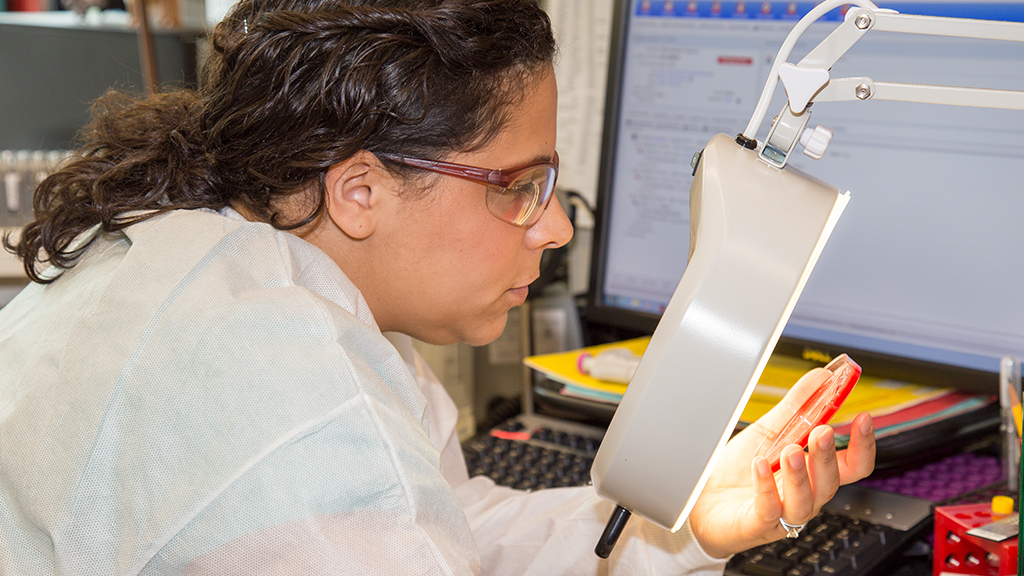The Role of Veterinary Labs in Protecting Pet Health
The Role of Veterinary Labs in Protecting Pet Health
Blog Article
Ensuring the health of your pets helps them thrive. Diagnostic centers for pets are crucial for identifying health issues for pets such as cats and dogs.
Here, we’ll explore how pet diagnostic centers help maintain pet health, what tests they offer, and why regular diagnostic testing is important.
Understanding the Role of Veterinary Testing Centers
Veterinary testing facilities help diagnose biological samples from pets. Veterinary clinics use their findings to deliver personalized care for pets.

The procedures at these labs generally features:
- Sample collection: Vital specimens are taken by the vet.
- Diagnostic tests: Specialized equipment run tests on the materials.
- Diagnosing the findings: The lab delivers insights to the veterinarian for treatment recommendations.
Essential Diagnostic Tests for Cats and Dogs
Veterinary labs specialize in various diagnostic services to ensure pets stay healthy. Key veterinary tests include:
- Blood tests: Detect anemia.
- Bladder health evaluations: Assess kidney function.
- Intestinal health tests: Identify digestive problems.
- Dermatological evaluations: Diagnose food allergies.
- Radiographic tests: Identify hidden injuries.
Why Regular Testing is Important for Your Pets
Ongoing health monitoring supports detecting issues early. Proactive health checks allows for better outcomes.

Important reasons include:
- Proactive care: Early interventions for your pet’s needs.
- Knowing your pet is cared for: Track their wellness.
- Preventing costly emergencies: Prevent costly procedures.
laboratorio veterinario popularlaboratorio para exames de animais
Conclusion: Prioritizing Pet Health with Veterinary Labs
Relying on regular health assessments for your furry companions ensures their longevity. Veterinary labs provide valuable insights to keep your pets in top condition.
Make lab testing part of your pet’s health plan to help them live a long, happy life!
Report this page